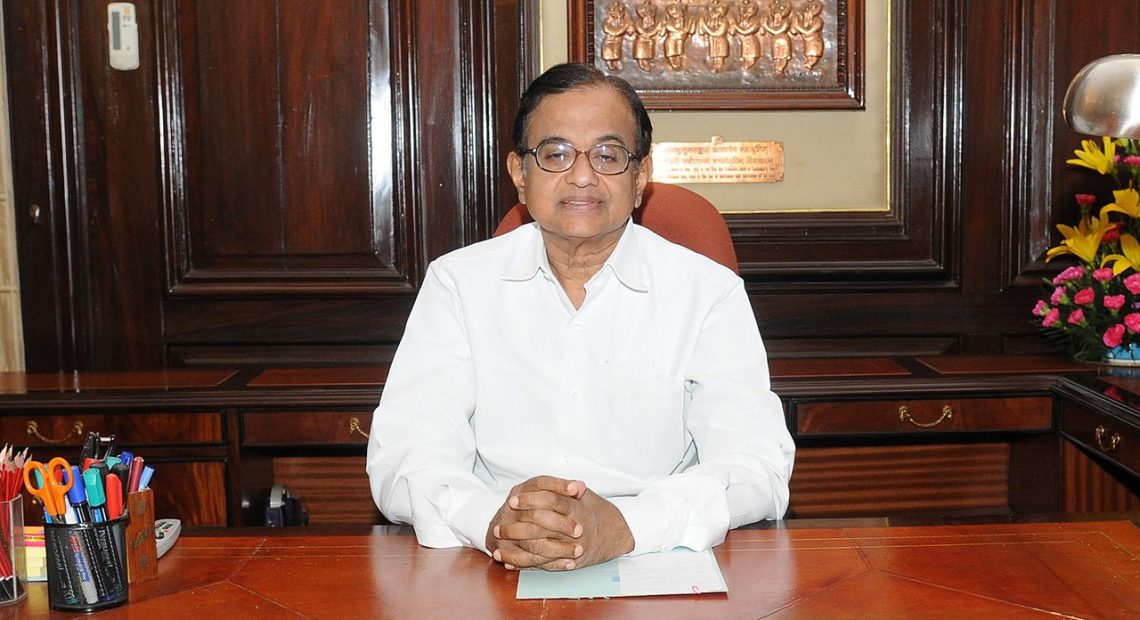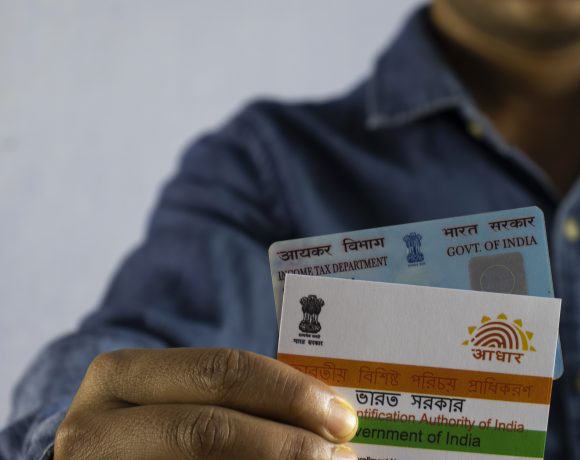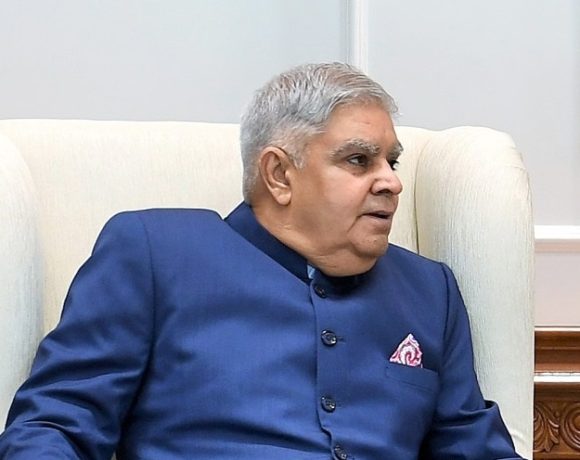
Chidambaram Says US Pressured India After 26/11
Former Union Home Minister P. Chidambaram has claimed that the UPA government in 2008 faced strong international pressure—especially from the United States—to avoid military retaliation following the Mumbai terror attacks. In a recent interview, he said that Condoleezza Rice, then US Secretary of State, visited New Delhi days after the attacks and urged India not to “react.”
Chidambaram’s Admission
Chidambaram, who took charge as Home Minister shortly after the attacks, said, “The whole world descended upon Delhi to tell us ‘don’t start a war.’” He acknowledged that retribution “crossed my mind,” but the government chose diplomatic restraint. He added that he discussed possible responses with the Prime Minister and other key officials.
BJP Reacts Sharply
The Bharatiya Janata Party sharply criticized Chidambaram’s remarks, accusing the Congress of compromising national security under foreign pressure. BJP leaders labelled the admission as “too little, too late” and questioned the decision-making of the UPA government during the crisis.
Historical Context
The 2008 Mumbai attacks (also known as 26/11) were carried out by 10 militants affiliated with the Pakistan-based group Lashkar-e-Taiba. The attacks claimed 175 lives and caused widespread shocks across India, prompting intense public debate over the government’s response.
Broader Implications
Chidambaram’s revelation reopens debates on India’s strategic autonomy during crisis moments. Critics argue that visible restraint can undermine deterrence, while others say diplomacy was necessary given India’s military and international constraints at the time.


















